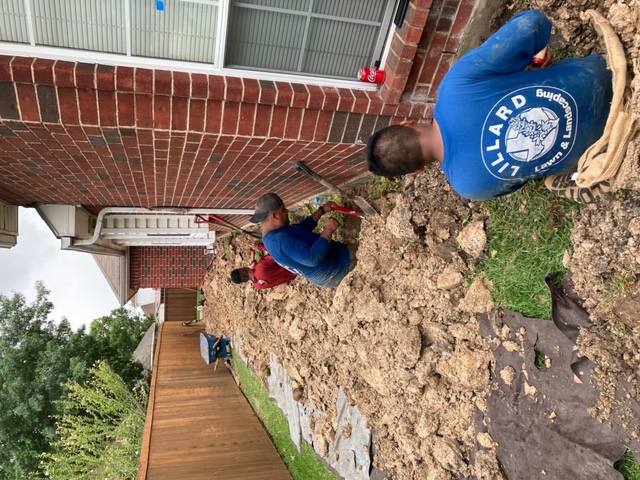The Role of Soil Conditions in Foundation Health
Understanding How Soil Types Impact Your Home’s Structural Stability
Your home’s foundation is only as strong as the soil beneath it, yet many homeowners don’t realize how dramatically soil conditions affect their property’s structural integrity until problems arise. At Dodson Foundation Repair, we’ve seen firsthand how different soil types create unique challenges for foundations throughout our service area. With over two decades of experience addressing foundation health issues across diverse soil conditions, we understand that successful foundation repair and prevention starts with comprehensive soil analysis and expert interpretation.
Why Soil Composition Determines Foundation Performance
All soils are made up of varying amounts of sand, silt, and clay, and this composition directly affects how your foundation will perform over time. Understanding your soil type is crucial because different soils react differently to moisture changes, loading conditions, and environmental factors.
Clay-Rich Soils and Expansive Properties Expansive clay soils contain minerals such as smectite clays that are capable of absorbing water. When they absorb water, they increase in volume, with expansions of ten percent or more not uncommon. Clay can expand as much as 10% in size when exposed to prolonged moisture, creating tremendous pressure against foundation walls and slabs.
The Shrink-Swell Cycle Clay molecules are like a sponge that swells up when wet and gets smaller when dry. This cycle of expansion and contraction occurs every wet and dry season, putting repeated stress on concrete foundations that can’t stretch or bend. Soils rich in clay and silt also have poor load-bearing characteristics compared to soils that contain sand and gravel.
Common Soil-Related Foundation Problems
Different soil conditions create specific types of foundation damage that homeowners should recognize early to prevent more serious structural issues.
Differential Settlement When expansive soil expands unevenly beneath a foundation, some areas rise while others remain stable, creating differential settlement. This uneven movement causes cracks in walls, doors and windows that stick, and sloping floors. The problem is especially pronounced in areas with varying moisture levels around the foundation perimeter.
Foundation Wall Damage During dry spells, clay-rich soil pulls away from foundation walls, creating gaps that fill with debris. When heavy rains return, the expanding soil, combined with debris in the gap, creates tremendous pressure against the foundation wall. This one-sided pressure can push the wall inward, causing it to crack, bow, or even tilt.
Slab Heaving and Cracking Expanding soil under your home can cause concrete slabs to heave upward, creating cracks and uneven surfaces. This is particularly problematic in slab-on-grade foundations where the concrete is in direct contact with expansive soil. The pressure from soil expansion can crack even reinforced concrete slabs.
Moisture Management and Soil Stabilization
Since water is what makes clay-rich soil swell and shrink, effective moisture management is crucial for maintaining stable soil conditions around your foundation.
Drainage System Design Moving water away from the foundation is a reliable way to limit soil movement and protect the foundation from expansive pressure. This includes proper grading to direct surface water away from the structure, installation of French drains or other subsurface drainage systems, and maintenance of gutters and downspouts.
Professional Foundation Solutions for Soil Problems
When soil conditions have already caused foundation damage, specialized repair techniques can stabilize the structure and prevent future problems.
Preventive Measures The best approach to soil-related foundation problems is prevention through proper site preparation, drainage design, and ongoing maintenance. This includes maintaining consistent moisture levels around the foundation and monitoring for early signs of soil-related movement.
Don’t let problematic soil conditions compromise your home’s foundation and your family’s safety. Understanding your soil type and its impact on your foundation is the first step toward protecting your most valuable investment. Contact Dodson Foundation Repair today for a comprehensive foundation analysis. Whether you need immediate foundation repair or want to implement preventive measures, we have the expertise and proven solutions to keep your foundation stable for years to come. Protect your home – call today!

